“Picking up the camera was really an act of survival”: An interview with Unrest filmmaker Jennifer Brea
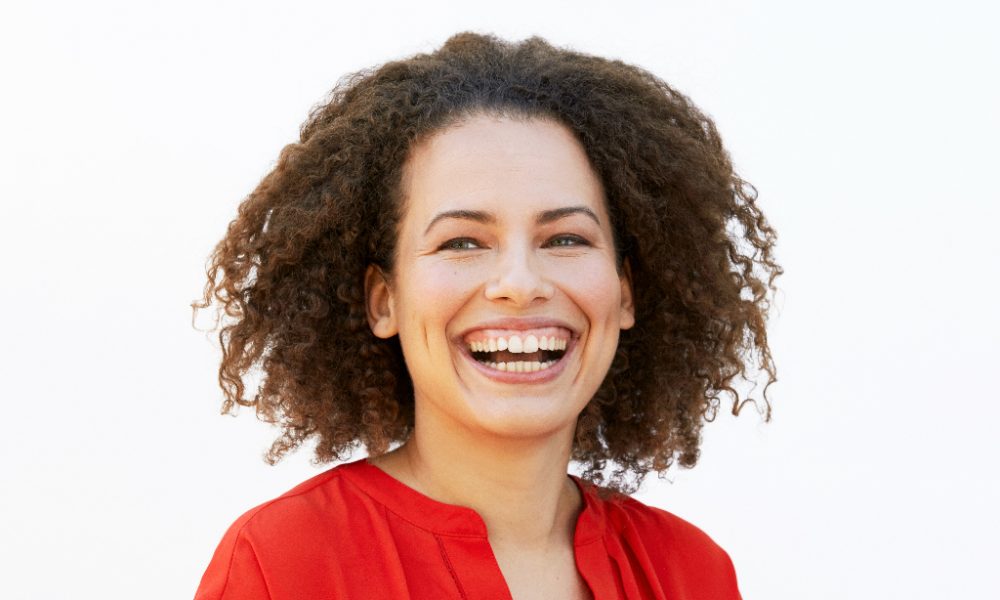
Ahead of the UK release of Jennifer Brea’s widely acclaimed documentary Unrest, which details her experiences coping with chronic fatigue syndrome, we caught up with the filmmaker to discuss finding meaning in a meaningless experience, and how she finally found her voice again through the “magic” of film.
For any of our readers who haven’t seen the documentary yet, how would you describe what it’s about?
It’s a film about a disease that completely changed my life and that I came to discover has pushed millions of people around the world to the margins of medicine and science. Or rather science and medicine have pushed them to the margins of society. So a large part of why I made the film was to highlight that problem. At the same time, it’s the journey of a couple who just got married trying to figure out how be together and live their lives when this huge asteroid strikes.
It’s a story about someone who’s voice and whose right to bear witness to their own body was stolen finding their voice again through filmmaking. Going from being someone who has been deeply disempowered to becoming an activist.
Some of the themes that I try to convey in the film are unique to ME (myalgic encephalomyelitis) patients, but there’s a lot that is a part of this more common experience of chronic illness. What do we do as humans when we’re faced with something that seems totally unimaginable and that we think will break us? And how do we respond to that?
What was it that initially made you decide to start filming your experiences with ME?
For the first year of my illness, every time I had a minor infection like a sore throat or a cold, I would crash. I’d collapse in bed for days or weeks, and I’d have these strange neurological symptoms, but in between, I could function.
I had no idea what was happening to me. I kept going to my doctor, and every time I would say: “I think something’s wrong with my immune system, I’m getting sick constantly, this has never happened before.” And I was told over and over again, because the lab results kept coming back normal, that I wasn’t really sick. I [remember being] in bed, totally alone, realising that there was no help from the medical system. I had no idea what was going on and it was really scary. I didn’t know if I was dying. So picking up the camera was really an act of survival.
I think sometimes when you tell things to doctors in words, they think you’re exaggerating, or they think you’re speaking metaphorically or something. You say, “I couldn’t move” and they think you’re trying to say, “I was really tired”. So I took my phone out of my pocket and I said, “No, look, I literally cannot move”. And he just turned white.
I realised that in order for the medical community to understand what was happening to me, they had to see it. I needed to do this for my own personal survival and to express myself as an artist and a filmmaker. To make meaning from a totally meaningless experience by fighting for the community [of ME sufferers].
Did you ever expect your recordings to go so far, and to reach so many people?
I don’t think I had any expectations. I didn’t know if this was going to work, but I knew that I needed to make a film that would play at top festivals and be broadcast on television. It was the only way that it was going to have the impact it needed to have. To force the public and the medical establishment to recognise and to see what’s been happening.
I’m an idealist. I believe that people are humane, and that the harm that has been done to so many [ME] patients has been allowed to persist because people just can’t see what is happening for what it is. Because they don’t see us. And I believe that if people can see what is happening to us, then things will have to change.
Viewers are shown the experiences of other ME sufferers through your friendships with them, which came about largely because of your diagnosis. But how has your illness affected your friendships and relationships with the people you knew before you got sick?
I think what happens to a lot of people who get diagnosed with any chronic illness is that they end up losing friendships. People pull away. A part of it is that when you get a diagnosis, it’s hard for you to understand or even explain.
I had no preparation for this. There are not a lot of stories about the fact that a certain proportion of people, women in particular, will get sick in their 20s, and be sick for the rest of their lives, with MS, lupus, fibromyalgia, ME, and all these other chronic conditions. So I was totally shocked at what happened.
And to say to someone, “I’m really sick and I don’t know what it is” makes it very hard for them to know how to support you. Personally, I drifted away from nearly all of my friends. I have a lot of friends who, since the film have come out [in the US], have said, “I’m so sorry, I wish I had supported you better”, but the reality is that it’s not their fault. There are people who are abandoned by their friends, but for me, I pulled back because it was so hard to deal with the pain of not being able to be a friend anymore. To feel like I didn’t have anything to give anyone. That I couldn’t be reliable, that I didn’t even have the capacity to connect. After a certain point, you just want to protect yourself from the pain of not being able to be there.
So a lot of my friends became people in the ME community. It’s been really wonderful to be able to meet people who are going through this and to have the closeness that comes from that shared experience. I’ve actually gotten a lot better over the last year, and I’m looking forward to reconnecting with my old friends. It’s just really hard.
So now that the movie is out, what’s next for you?
Well what’s next is the movie’s out! We’re going to be doing a really big impact campaign around the world. We’re trying to bring the film to universities, medical schools, research departments, private biotech companies, to policy makers and communities to build a movement.
I’m also wrapping up our VR project and then I hope to make other films. One of the unexpected gifts of this experience has been discovering this medium that I love. I realised I’m somebody who thrives in a collaborative team, and that’s what film is. I think there’s something really hard about taking emotion and forcing it into words. But with film, you can use picture and sound and rhythm to communicate directly, and I just find it magic. I’m in love!
Aidan Milan
Unrest is released in selected cinemas on 20th October 2017. Read our review here.
Watch the trailer for Unrest here:


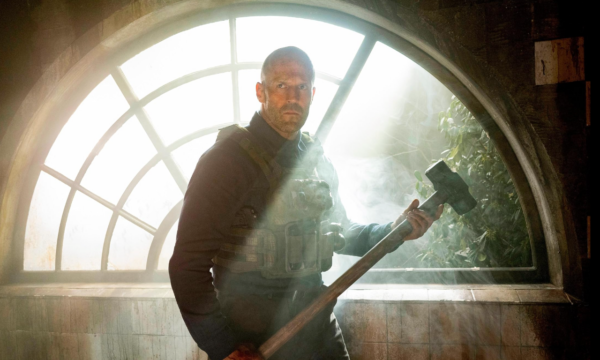
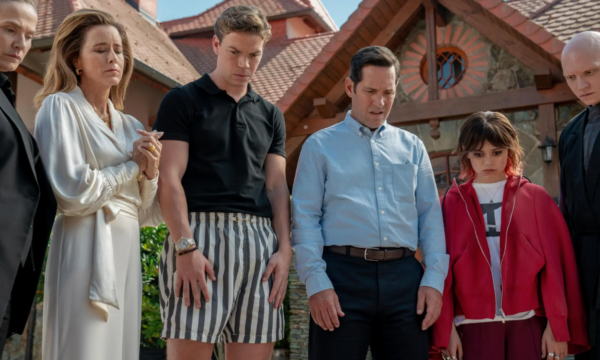
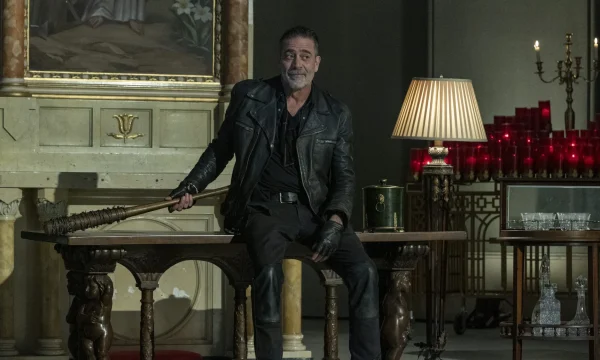
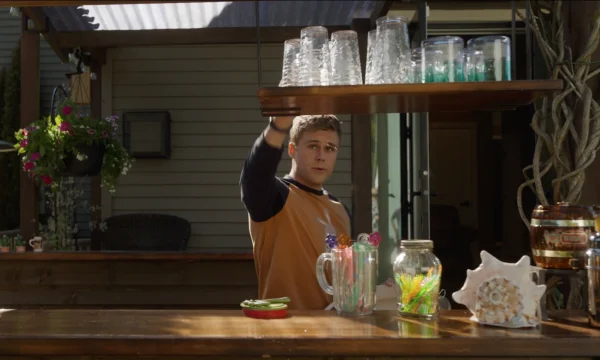
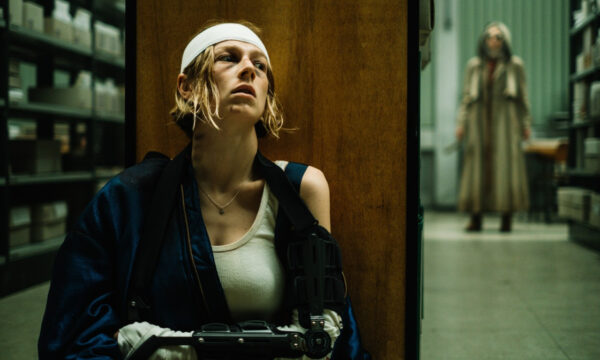
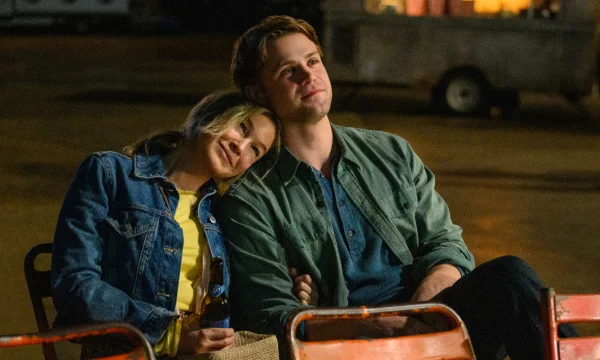
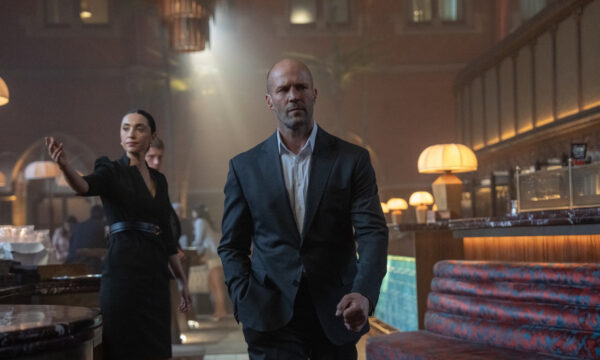









Facebook
Twitter
Instagram
YouTube
RSS